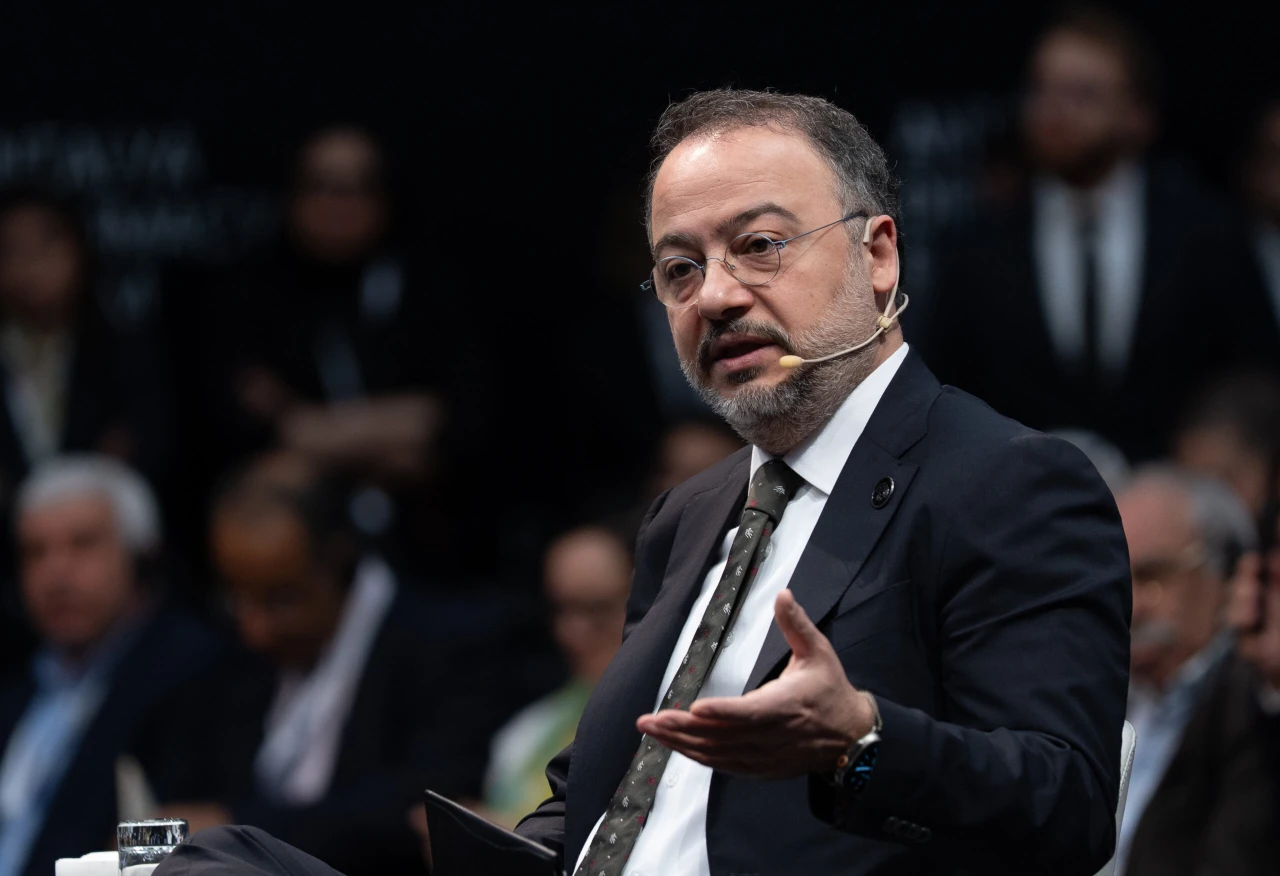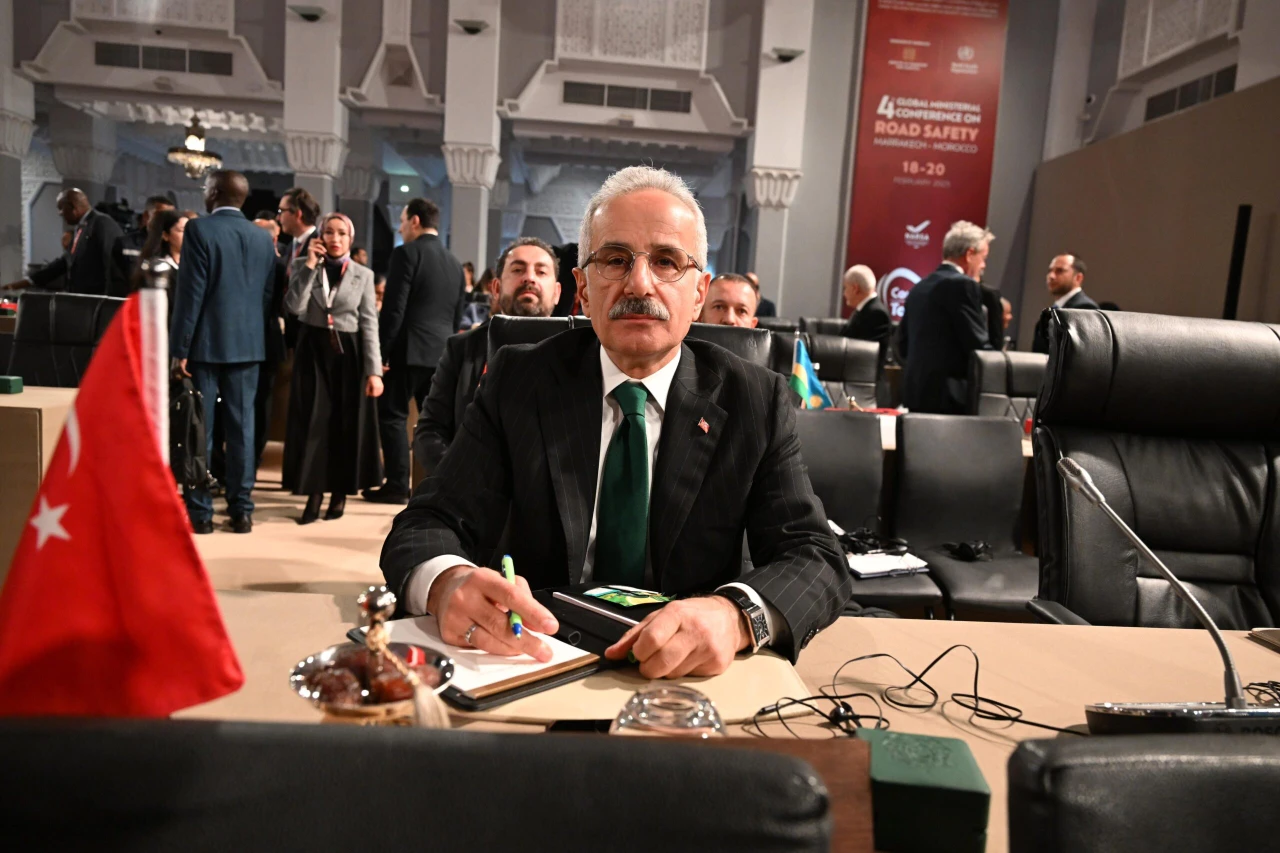Power balances in Libya and Türkiye’s engagement
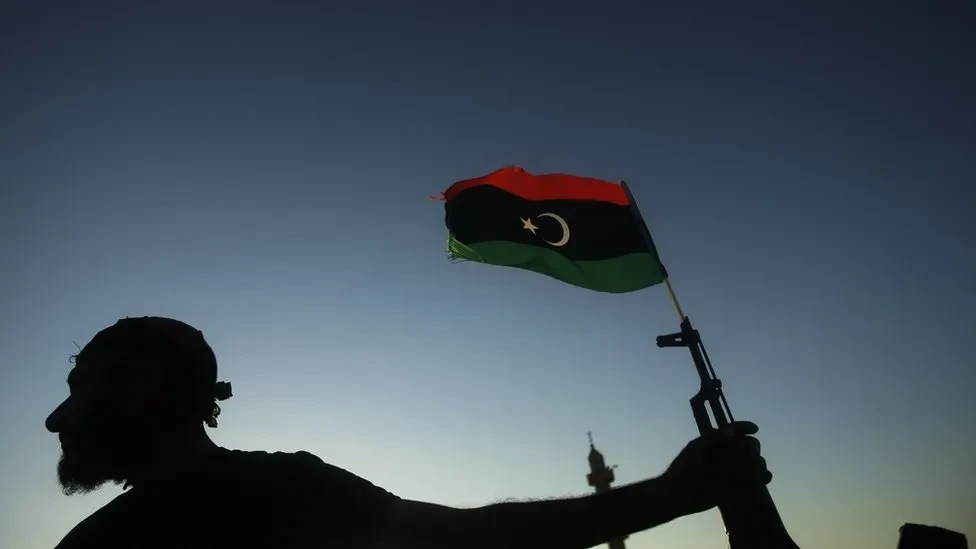 A person holding a weapon and Libya flag, August, 2024. (AFP Photo)
A person holding a weapon and Libya flag, August, 2024. (AFP Photo)
More than a decade after the fall of Muammar Gaddafi, Libya remains split between two rival authorities. The west is governed by the United Nations-recognized Government of National Unity in Tripoli, currently led by Abdul Hamid Dbeibeh.
The east, meanwhile, is controlled by an administration appointed by the House of Representatives and backed by Khalifa Haftar’s forces.
This political divide has stalled elections, paralyzed institutions, and left the country in a prolonged state of limbo.
Still, through the shifting terrain, Türkiye has steadily deepened its role. What started as firm support for Tripoli has since developed into a broader and more flexible engagement that now includes both sides of the divide.
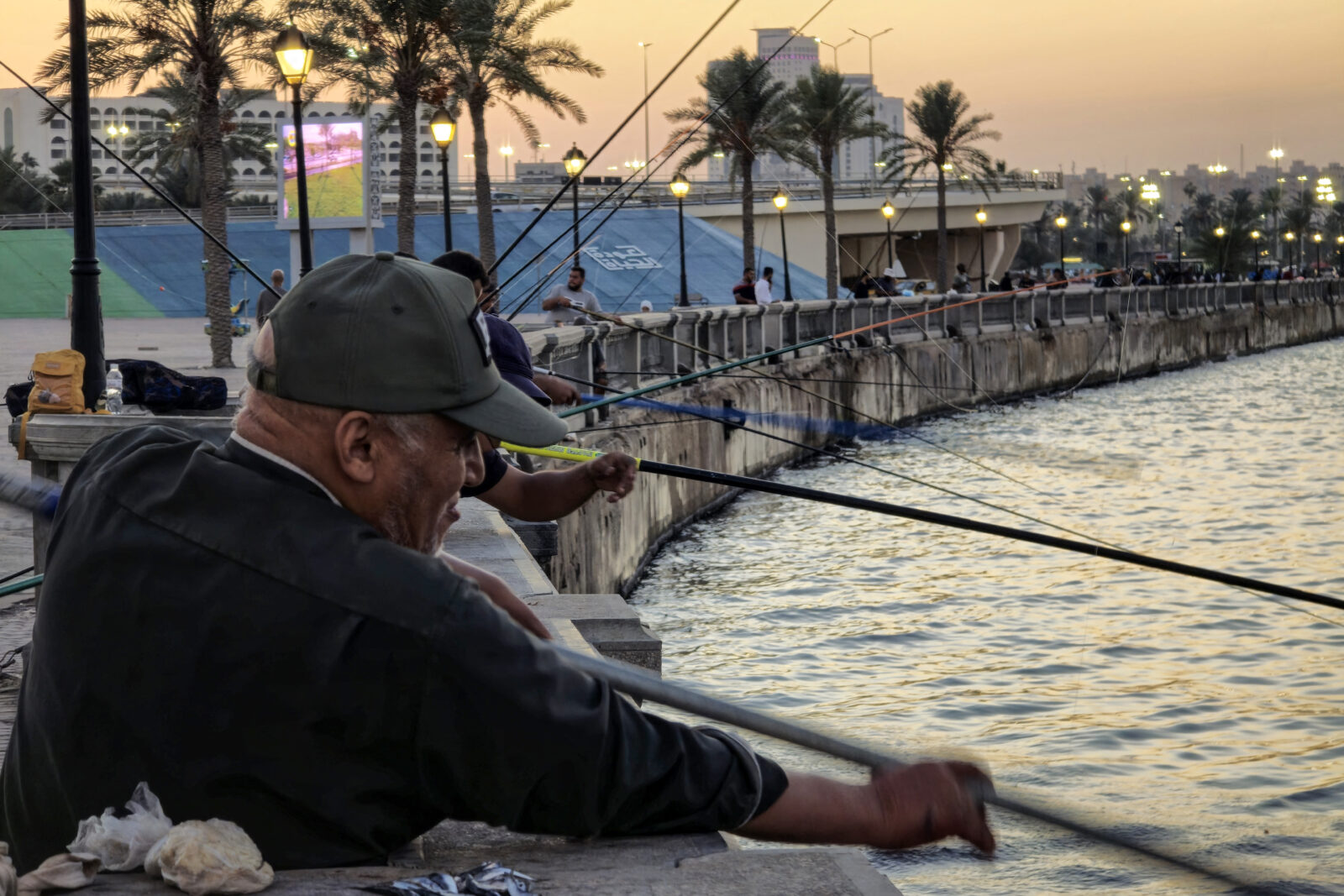
Ankara’s involvement was anchored by a 2019 agreement with the Tripoli-based government, covering security cooperation and maritime boundaries. That deal, followed by military backing, helped halt Haftar’s advance on the capital in 2020.
Since then, Türkiye has not walked away from its commitments in the west; however, it has also taken deliberate steps to build dialogue and opportunity in the east.
Those steps are becoming increasingly visible. Turkish firms have signed contracts for infrastructure work in Benghazi and in flood-damaged areas such as Derna. The projects include restoring public buildings, upgrading water systems, and rebuilding essential services. For a region that once viewed Türkiye as an adversary, this cooperation reflects a notable shift.
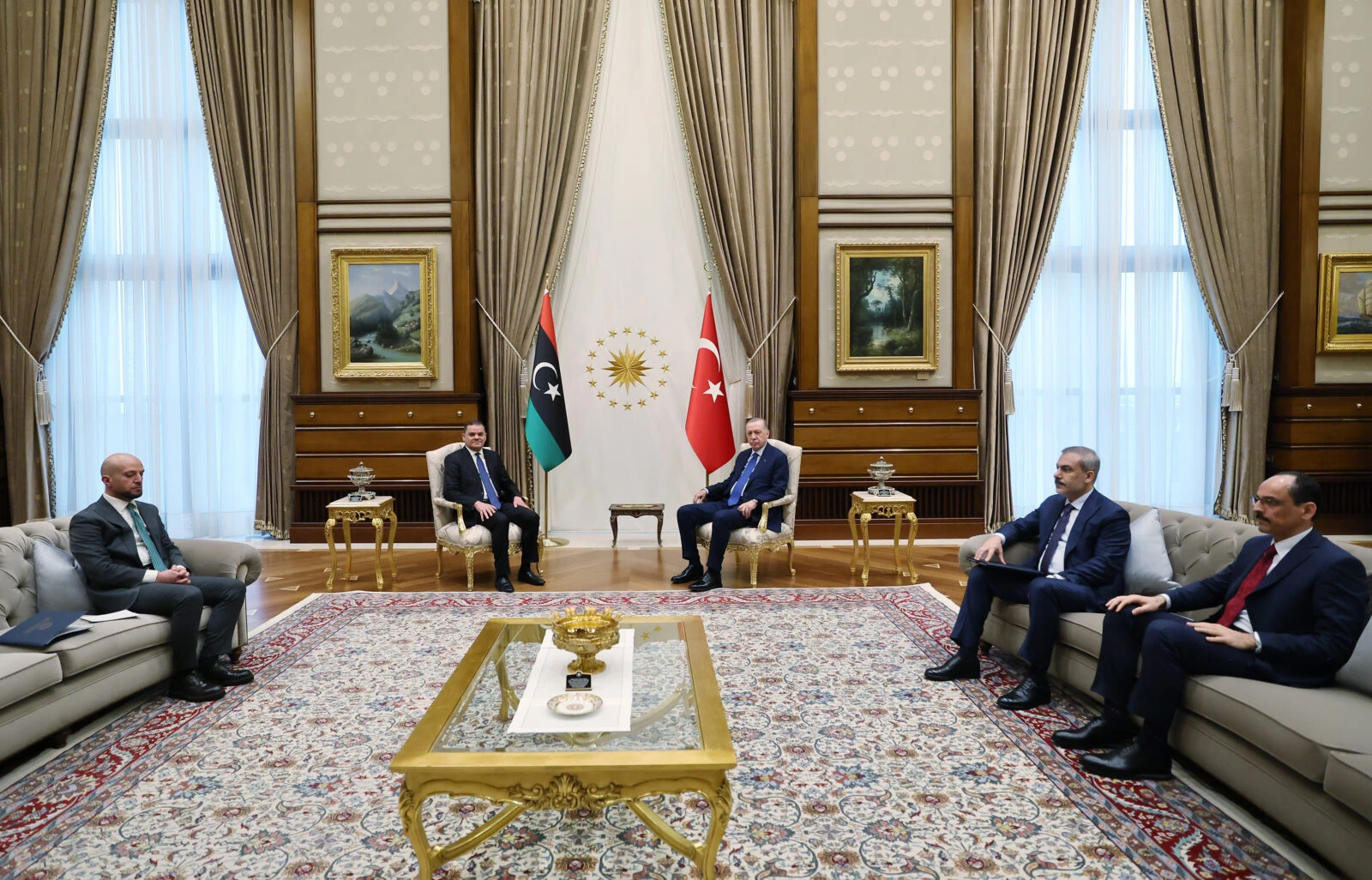
Reconciliation of Libya’s two parties?
Yet often it is the quiet moments that reveal the bigger picture. At a defense industry fair in Istanbul in October 2024, Saddam Haftar, widely seen as a rising figure in the east, was photographed in friendly conversation with Imad Trabelsi, interior minister of the Tripoli-based government. They sat side by side, both attending the same event and both meeting with Turkish officials. The image was informal, but its meaning was clear.
This is not yet reconciliation; however, it shows there is room to talk. Türkiye, by staying engaged with all parties, is helping to create that space. In a country as fractured as Libya, presence matters. Sometimes, diplomacy does not begin with grand speeches or agreements. It begins with being there and staying there.


